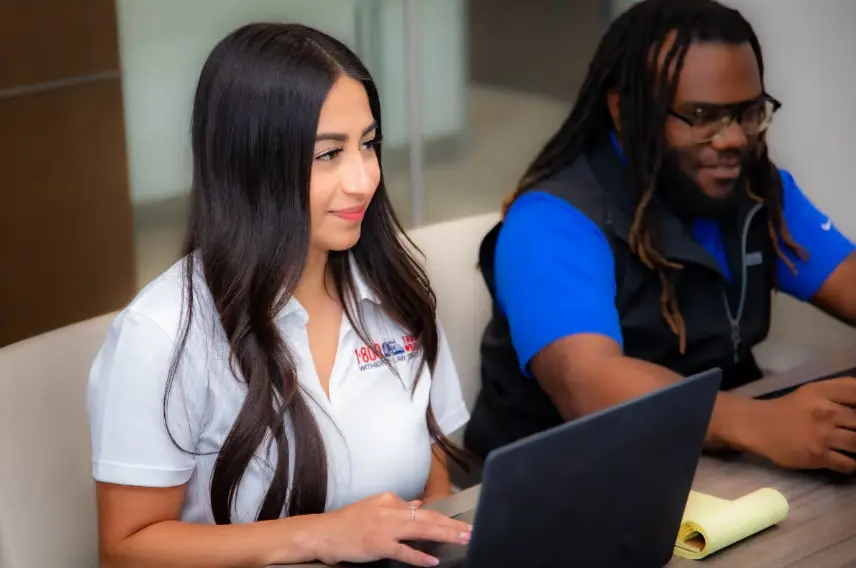You’re driving through Dallas traffic, inching past semis on I-20 in Fort Worth, or making a left turn in downtown Atlanta — and suddenly, you see it. A car with no driver. It’s following traffic, sure, but what happens when something unpredictable happens?
Who’s responsible when that vehicle makes a mistake?
Autonomous vehicles (AVs) are showing up more often on roads in places like Texas, Georgia, and Illinois. And while they promise fewer accidents, the reality is more complicated. If you've been injured in a crash involving a self-driving or driver-assist car, the legal system isn’t as “automated” as the tech companies would have you believe.
At 1-800-Truckwreck, we’ve already seen how these cases unfold — and what it takes to win them.
Self-driving cars were built on the idea that removing human error would reduce crashes. But what happens when technology fails?
That’s not a theoretical question. In real-world crashes, courts are now holding AV manufacturers, software companies, and fleet operators accountable for serious injuries and even deaths. One case in Florida resulted in a $243 million verdict against Tesla — even though the human driver admitted fault. That’s because the system itself failed.
So no, AVs aren’t eliminating personal injury lawsuits. They’re just shifting where the blame goes.
AV wrecks aren’t just about who ran a red light or who was texting. They involve:
Multiple parties: automakers, software developers, data companies, maintenance contractors
Digital evidence: sensor logs, algorithm behavior, and AI response patterns
Rapid response: if you wait too long, the vehicle can be reset or wiped clean
Most personal injury firms aren’t equipped to handle this level of complexity. That’s why you need a firm with the tools, the training, and the track record to dig deep — and win.
Our truck wreck lawyers don’t just take on tech giants. We prepare for war. Here’s how:
This is not your average personal injury claim — and we’re not your average law firm.
Technology isn’t perfect, and neither are the companies pushing it onto public roads. If you’ve been hurt in a crash involving a self-driving vehicle, you need lawyers who understand both the legal and the technical side of these cases.
We’ve helped recover billions of dollars for injured clients. We’ve taken on some of the toughest defendants in the country — and won. And we’ll do the same for you.
Call 1-800-Truckwreck now for a free consultation with our AV crash legal team. No fees unless we win. Bilingual support is available 24/7.
Let’s hold the right people accountable and get you the justice you deserve.
